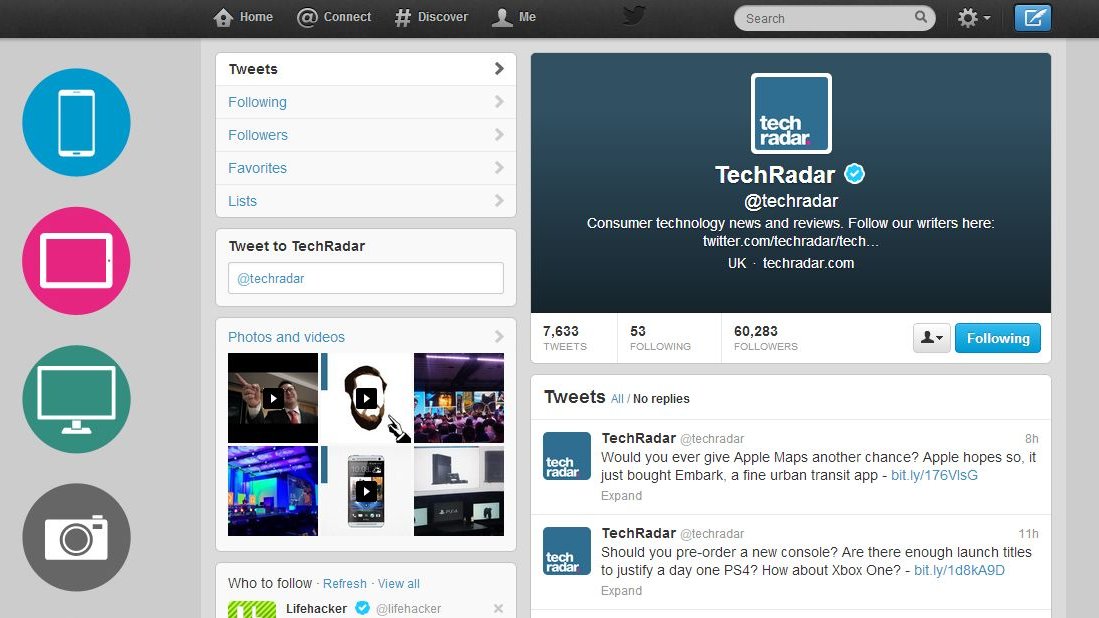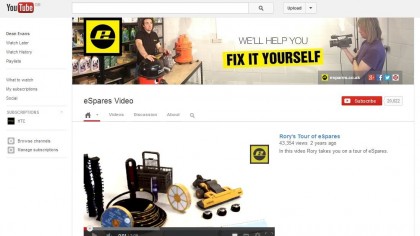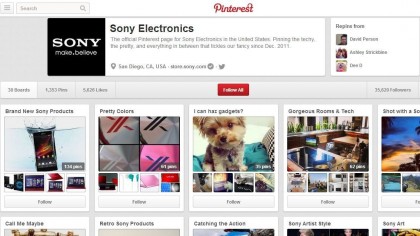Social media for business: what can it do for you?
Get more from Facebook and Twitter

If you're not already using social media for your business, then you've fallen behind the majority of your rivals. Platforms such as Facebook, Twitter, Pinterest, Google+ and LinkedIn are already helping companies to increase brand awareness, attract new leads and engage with customers.
The good news is that it's never too late to start (or fix) a social media campaign. The bad news? As Forrester Research analyst Nate Elliott points out: "The sobering reality is that, nearly a decade into the era of social media, more social marketers are failing than succeeding."
Why? Because success isn't defined by the number of 'Likes' you've amassed or how many followers your company Twitter feed has. Those are vanity numbers, and easily manufactured. They don't necessarily help you to attain your business goals.
It's all-too-easy to get social media wrong, and to waste valuable time and money on a campaign that has no aim or direction. The question is: how do you get it right?
What can social media do for your business?
Data from Experian Hitwise UK says that: "22% of all time spent online in the UK in 2012 was spent on a social network." What business wouldn't want to reach this audience? Talk to this audience? Sell to this audience?
As the effectiveness of online advertising decreases, social media marketing can help you increase the awareness of your brand, build authority and trust. According to Forrester data, "Some 70% of US online adults trust brand or product recommendations from friends," while in comparison, "just 10% trust ads on websites."

Social media is social marketing - the ideal way to promote products or provide timely customer support. Many companies are also using social media platforms to monitor their reputation online. Others actively involve fans in product development and use social media like a virtual focus group to spot emerging trends.
Sign up to the TechRadar Pro newsletter to get all the top news, opinion, features and guidance your business needs to succeed!
Businesses can learn from bigger brands that are already succeeding. Nike is a good example. It has over 15 million Facebook fans and almost 2 million Twitter followers. Despite its size, its social media presence gives the brand a strong human touch - interacting with fans, giving advice, answering questions and sharing anything that its followers might find interesting (including its own products).
On a smaller scale, espares.co.uk links its product pages with its YouTube channel. Not only can you buy a replacement 2000 Watt Circular Fan Oven Heating Element, you can also watch a video showing you how to install it.
Which social network is best for business?

But before you construct a Facebook page or set up a YouTube channel (because that's what everybody else is doing), take some time to consider what you want your social media presence to achieve and where your target audience can be reached. If you're just getting started, keep things simple. You don't need to be on every platform.
Consider who you want to reach and where they are likely to be found. According to Social Media Today, the most recent statistical data shows that Facebook is still the most popular platform for sharing content, followed by Twitter and Pinterest.
Big Fortune 500 companies seem to be putting their faith in Twitter, Facebook, YouTube and Google+ channels respectively. While looking ahead, Twitter is growing faster than Facebook, with Google+, LinkedIn and Pinterest snapping at their heels.

Each platform is different, in that the ways that people use them are different, and the etiquette is different. For example, the Social Media Today data suggests that teens are most active on Facebook, Twitter and Instagram, while Buffer usefully points out that: "The fastest growing demographic on Twitter is the 55-64 year age bracket," and YouTube reportedly reaches "more US adults aged 18-34 than any cable network."
This data gives you a place to start. Facebook is an ideal platform for business promotion and customer engagement, and Twitter's short-form messaging is perfect for real-time Q&As and content sharing. LinkedIn is a great way to foster B2B rather than B2C connections, while Pinterest, Instagram and YouTube offer an outlet for more visual marketing material.